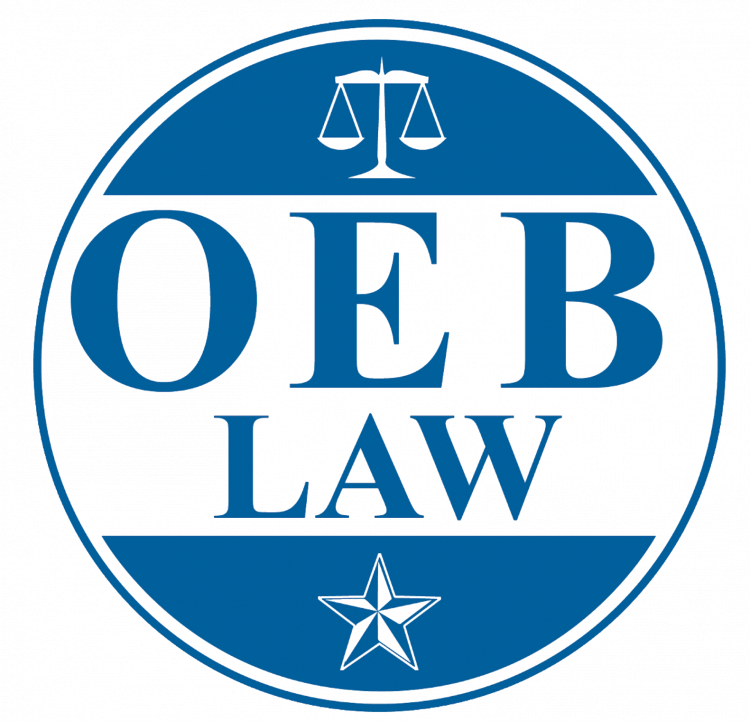Effexor has been one of the most popular antidepressants on the market since it appeared. Doctors prescribe the drug to treat depression, anxiety, panic disorders, and related mood disorders. It sometimes goes by its generic name, Venlafaxine. Effexor works by correcting chemical imbalances in the brains of people suffering depression and similar conditions.
Unfortunately, studies have shown that in addition to its therapeutic effects, Effexor may pose significant risk to pregnant women and their unborn children.
If you live in Knoxville and have experienced life-altering consequences after taking this drug, it is possible that an Effexor lawsuit lawyer with the Law Offices of Ogle, Elrod & Baril, PLLC can win damages to compensate you for your suffering. Call us today at 865-546-1111 for a free case evaluation.
What are the dangers of Effexor?
Effexor has impacted many patients in ways the manufacturer failed to warn them about. Studies have shown severe birth defects in babies born to women who took the drug during the first three months of pregnancy.
The Food and Drug Administration in 2007 advised doctors to prescribe Effexor in the smallest dose possible. That is because it classifies Effexor as a Pregnancy Category C drug, which means it is potentially dangerous to the fetus.
Studies have linked Effexor use by pregnant women to some of the following birth defects in infants:
- Down’s syndrome;
- Congenital heart defects;
- Spina bifida;
- Cranial deformities;
- Lung distress;
- Club foot;
- Blindness; and
- Cleft lip or palate.
There are also dangers to Effexor users who are not pregnant. A review of studies found an increased risk of suicide or suicidal thoughts among users, particularly young patients. This prompted the FDA to place a “black box” warning on the drug, which indicates the possibility of life-threatening danger.
If you or a loved one suffered severe side effects after taking Effexor, contact our office today. We can discuss your case and talk about your options to recover compensation.
Has anybody sued Effexor’s manufacturer?
The manufacturer, Wyeth Pharmaceuticals—which merged with Pfizer in 2009—has been the subject of numerous lawsuits by women claiming the drug caused defects in their babies. The suits claim Wyeth/Pfizer failed to provide sufficient warning about Effexor’s dangers and is therefore responsible for damages such as past and future medical costs.
The lawsuits against Effexor’s manufacturer began in 2013. In the first, an Ohio woman who took the drug while pregnant claimed her baby died because it caused heart defects. Others filed suit the same year, including couples whose children were born with similar conditions. In each case the plaintiffs alleged the manufacturer knew the drug was dangerous to pregnant women but did not do enough to warn patients when marketing it. Others alleged the manufacturer mislead consumers about the drug’s safety.
Courts combined several cases into a Multidistrict Litigation (MDL), which consolidates similar cases for the purpose of expediency. Eventually, more than 100 plaintiffs across the country, including in Tennessee, filed cases against Pfizer. By 2015, however, the courts closed or dismissed most of the individual cases without prejudice.
Can I still sue?
Despite this turn of events, you can still sue. Dismissing a case without prejudice means the plaintiffs are free to refile their lawsuits on the same grounds within the applicable statutes of limitation. New plaintiffs can also file lawsuits on these grounds.
Unfortunately, a company as large as Pfizer is well-equipped to defend itself against lawsuits. But new studies continue to confirm the drug’s dangers. A 2010 study published in the Canadian Medical Association Journal found taking the drug could increase a woman’s chances of miscarriage. A 2017 Canadian study found Effexor use could double the chance of birth defects if a woman takes it during pregnancy.
Drug companies have a responsibility to make consumers aware of these dangers. The sad reality is that, in many cases, the manufacturers know they will make enough money by underplaying a drug’s dangers to cover their losses in lawsuits.
Winning these cases is not easy. Unlike most injury or negligence cases, it is likely you will need expert medical testimony to demonstrate how the drug has caused damage to your wellbeing or that of a loved one. These companies have deep pockets and will not hesitate hire their own experts to contradict your claims.
Having a faulty drugs attorney at your side can make the difference between winning or losing your case. We can go head-to-head with large drug manufacturers to demand compensation for the damages you suffered.
Can I join a class action?
Drug cases usually do not meet the criteria for class actions. These collective actions group all plaintiffs together under one or two representative plaintiffs. Because the damages plaintiffs claim in drug lawsuits vary widely, it is likely that a group of suits against the same drug manufacturer will not proceed as a class action.
The cases against Effexor are mass torts. Here, a company’s negligence or wrongdoing affected a large number of people, but plaintiffs must file individual lawsuits seeking specific compensation for their suffering instead of receiving a piece of a class settlement. A multidistrict litigation (MDL) is a type of mass tort action that occurs when the plaintiffs live throughout a wide geographic area.
How can an attorney help me?
You definitely do not want to go up against a big drug company by yourself. Our attorneys have experience in these types of cases and can assemble evidence and expert testimony to make your case as strong as possible.
If you or a loved one took Effexor while pregnant because the manufacturer did not provide adequate warning about the risks, the dangers to your baby are potentially life-threatening. For a free consultation about a case, contact the Law Offices of Ogle, Elrod & Baril, PLLC at 865-546-1111.
